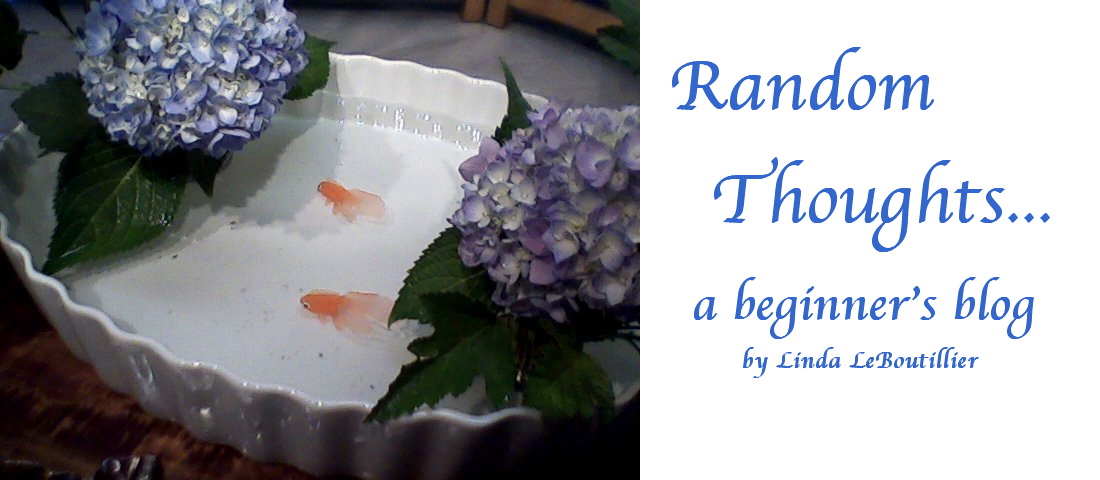There are a number of reasons why eating foods made from wheat aren't as good for you now as they were in your grandmother or great-grandmother's time.
First of all, the vast majority of wheat used in foods today isn't the same wheat that people ate in the 1950s. The Mexican government received funding from the Rockefeller Foundation and the World Bank starting in the 1960s to create a genetically altered strain of wheat that would be easier to grow and more pest resistant. (Monsanto is trying to do the same for corn now.) It sounded like a noble thing to do back then, because the goal was to end world hunger. Unfortunately, what happened is that the wheat they created is a supercarbohydrate that is having some unintended negative consequences for human health. Human beings have ever before been exposed to this type of food, and our bodies are having a hard time digesting it. The result is diabetes, irritable bowel syndrome, arthritis, high cholesterol, high blood pressure, stroke, heart attack, asthma, allergies, celiac disease, brain fog, vision problems, chronic fatigue syndrome, sleep problems, and acid reflux. And that's not the whole list! Think about it. How many of the diseases I just mentioned do you, personally, suffer from? I would be willing to bet that many of you have at least one or two of these to deal with.
Dr. William Davis, a cardiologist from Milwaukee, Wisconsin, has written a book called Wheat Belly: Lose the Wheat, Lose the Weight, and Find Your Path Back to Health. He has also written a cookbook called Wheat Belly Cookbook. In an interview on "CBS This Morning," Dr. Davis said that modern wheat is a "perfect, chronic poison." Here's why.
"This thing has many new features nobody told you about, such as there's a new protein in this thing called gliadin," says Dr. Davis. "It's not gluten. I'm not addressing people with gluten sensitivities and celiac disease. I'm talking about everybody else because everybody else is susceptible to the gliadin protein that is an opiate. This thing binds into the opiate receptors in your brain and in most people stimulates appetite, such that we consume 440 more calories per day, 365 days per year."
Sure, we could go back to growing the wheat we were growing in the 50s, but the old style of wheat doesn't yield as much, and therefore farmers and food producers would not find it economically feasible. Money talks, as usual.
People who cut out wheat altogether – and this is very difficult to do, I know, because I've done it, have lost significant amounts of weight. When I went completely off wheat, I dropped 30 pounds, no sweat. Some people drop much more. I also noticed that my joints didn't hurt as much and my acid reflux went away.
Why did I start eating it again? Because it was hard to find things that satisfied me as well as wheat products. But now that I know about the opiates, I know why wheat satisfies me, and I know I need to get myself off it.
There are other reasons why our wheat is toxic. We know that our crops are now grown with pesticides that remain on the plant after harvesting.
 When we look at the way grains were prepared in the ancient and even the recent past all over the world, we realize that grains were normally soaked or fermented first, before being used to make porridge, breads, cakes and casseroles. We no longer soak our grains. Soaking the grain in lactic acid medium such as milk or sprouting the grains take the phytic acid out of it. Phytic acid robs the body of necessary minerals.
When we look at the way grains were prepared in the ancient and even the recent past all over the world, we realize that grains were normally soaked or fermented first, before being used to make porridge, breads, cakes and casseroles. We no longer soak our grains. Soaking the grain in lactic acid medium such as milk or sprouting the grains take the phytic acid out of it. Phytic acid robs the body of necessary minerals.In addition, modern breads are made from fast-acting yeast instead of from slow-rising starters, the way they were made in Europe and America until the mid 1900s. The slow rising process ensured that there were enough microflora to make the bread easier to digest in the intestinal tract. The process of rising dough results in balanced proteins, fatty acids, cellulose, minerals, and other nutrients. The slow-rise process also produced acids that break down and remove some of the gluten from the bread.
 |
| Left to right: einkorn, emmer, spelt and kamut. |
Some older forms of wheat are called einkorn, emmer, spelt, kamut and triticale. There are other grains used in countries around the world that are not common here, but definitely available, if you look for them. I'm going to be looking at different types of grains, and buying only sprouted wheat bread from now on. If it doesn't taste good, I'm going to stop eating it, period. I'll let you know how this turns out. :-)


No comments:
Post a Comment